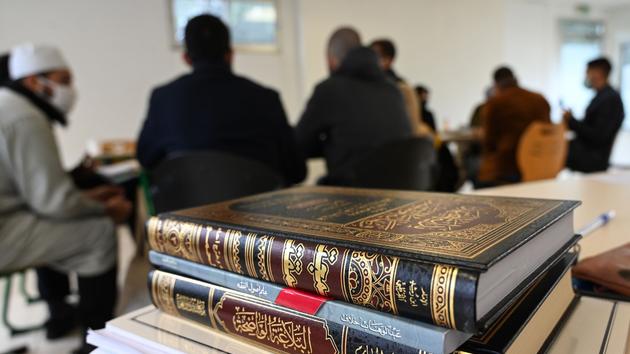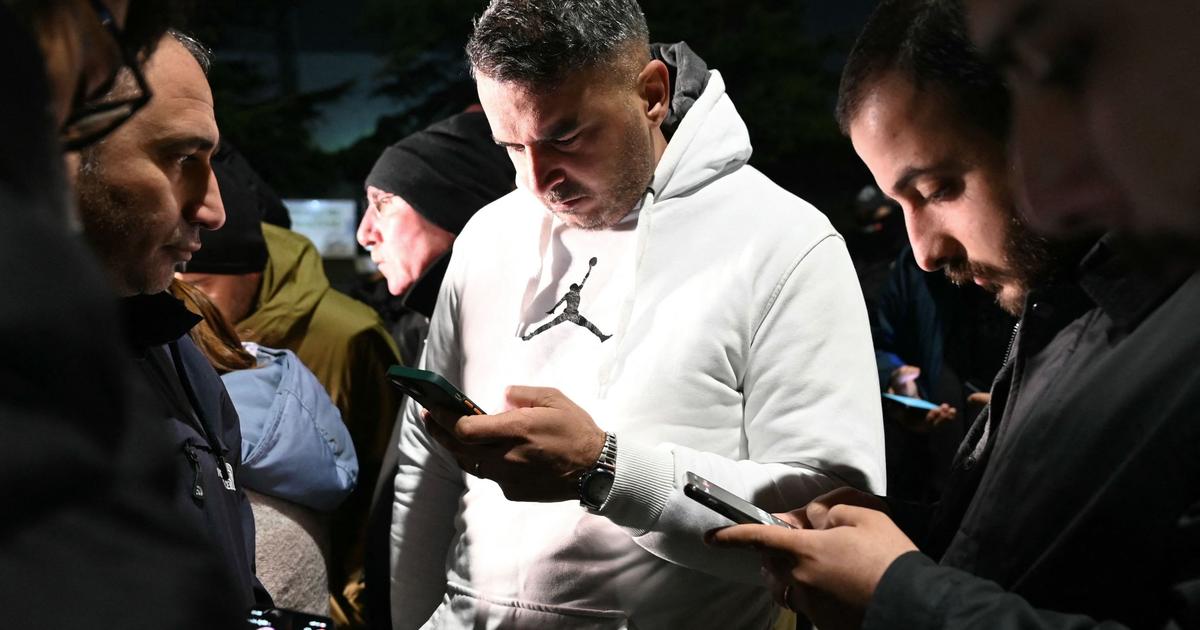Tarik Yildiz is a sociologist, notably author of
De la fatigue être soi au Prêt-à-Believer.
Fight against delinquency to fight Islamist radicalism
(Puits de Roulle editions, December 2020).
The President of the French Council for Muslim Worship (CFCM) announced that an agreement between the Muslim federations had been found to sign a "charter of principles" for Islam in France.
Supposed to respond to the demands of the executive expressed at the Elysee Palace on November 18, the text affirms the compatibility of the Muslim faith with the principles of the Republic, the rejection of the instrumentalization of Islam for political purposes, the non-interference by States in the exercise of Muslim worship in France and the principle of equality between men and women.
Gathered under the aegis of the Minister of the Interior, the representatives of the CFCM thus take a further step towards the establishment of a National Council of Imams, which will “label” the religious practicing in France and will be able to withdraw their approval by case of breach of the charter.
From Louis XIV to Emmanuel Macron
From the kings of France to the Ottoman sultans, political power has often wanted, if not to control, to harness religious influence.
The different types of Gallicanisms in France were the expression of this during the monarchy.
Later, Napoleon I in 1806 like Emmanuel Macron in 2021, required certain religious representatives to commit to doctrine.
Convening an assembly of Jewish notables (dare we compare it to today's CFCM?), The emperor wishes to
"make the Jews useful citizens, reconcile their beliefs with the duties of the French, ward off the reproaches that they receive. made and remedy the evils which caused them ”.
The answers to the questions then posed constitute the equivalent of today's charter:
"Is it lawful for Jews to marry several wives?"
[…] Do Jews born in France and treated by law as French citizens regard France as their homeland?
Do they have an obligation to defend it?
Are they obliged to obey the laws and follow the provisions of the Civil Code? ”
This resurgence of a power investing the theological field poses many difficulties.
If the comparison is cavalier as the contexts are so different, the underlying logic presents similarities.
It is a question of orienting believers towards a form of religion considered compatible with the principles and values of the country, by directly influencing the doctrine through the prism of religion.
The end of the French republican model
While the French republican tradition had gradually separated Church and State, this resurgence of a power investing the theological field poses many difficulties.
First, that of the legitimacy of the representatives summoned: how to ensure the representativeness of the CFCM or of another structure?
Do Muslims form a political community that could be questioned through elections?
Guaranteeing real representativeness is a waste of time as the diversity of Muslims is great.
Identifying or designating intermediaries with citizens based on their religious affiliation would also contradict Clermont-Tonnerre's famous phrase:
“We must refuse everything to the Jews as a nation and grant everything to the Jews as individuals;
they must not form in the State either a political body or an order;
they must be individually citizens. ”
To read also:
The "charter of the imam", object of controversy
Moreover, how effective is labeling to counter the radicalization process when we know that it is triggered at the margins of traditional religious institutions?
Numerous studies demonstrate the role of preachers accessible outside the traditional circuits, who are precisely acclaimed for their radicalism, their assumed refusal to compromise with politics or society.
The forums are full of questions asked by young people to French-speaking imams living outside any institutional framework.
It seems very unlikely that an individual in the process of radicalization would be sensitive to an imam indirectly labeled by the state and thus considered "sold".
The Napoleonic context is a long way off in the Internet era: the forums are full of questions asked by young people to French-speaking imams working outside any institutional framework and clearly answering all their questions.
The main objective should be to ensure that a young person is not sensitive to separatist and / or radical rhetoric, generally filling a void that institutions have allowed to develop.
Without worrying about theology, it is thus a matter of applying the law with force by setting limits for individuals lacking benchmarks: punish when necessary, raise the level of demand at school and respond to "fatigue. to be oneself ”in a poor cultural context.





/cloudfront-eu-central-1.images.arcpublishing.com/prisa/LK4BWLOG5F4TALNACDXUI4NVI4.jpg)
/cloudfront-eu-central-1.images.arcpublishing.com/prisa/JKNMV5QC6BOTHMYCTVK4JK4J7I.jpg)








